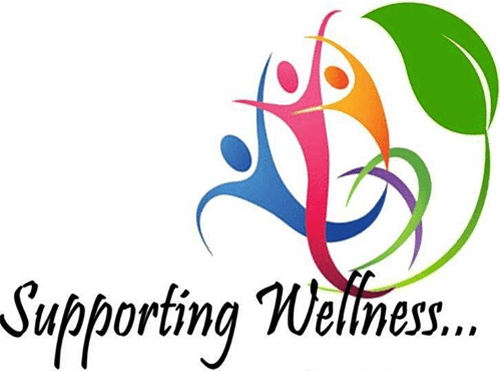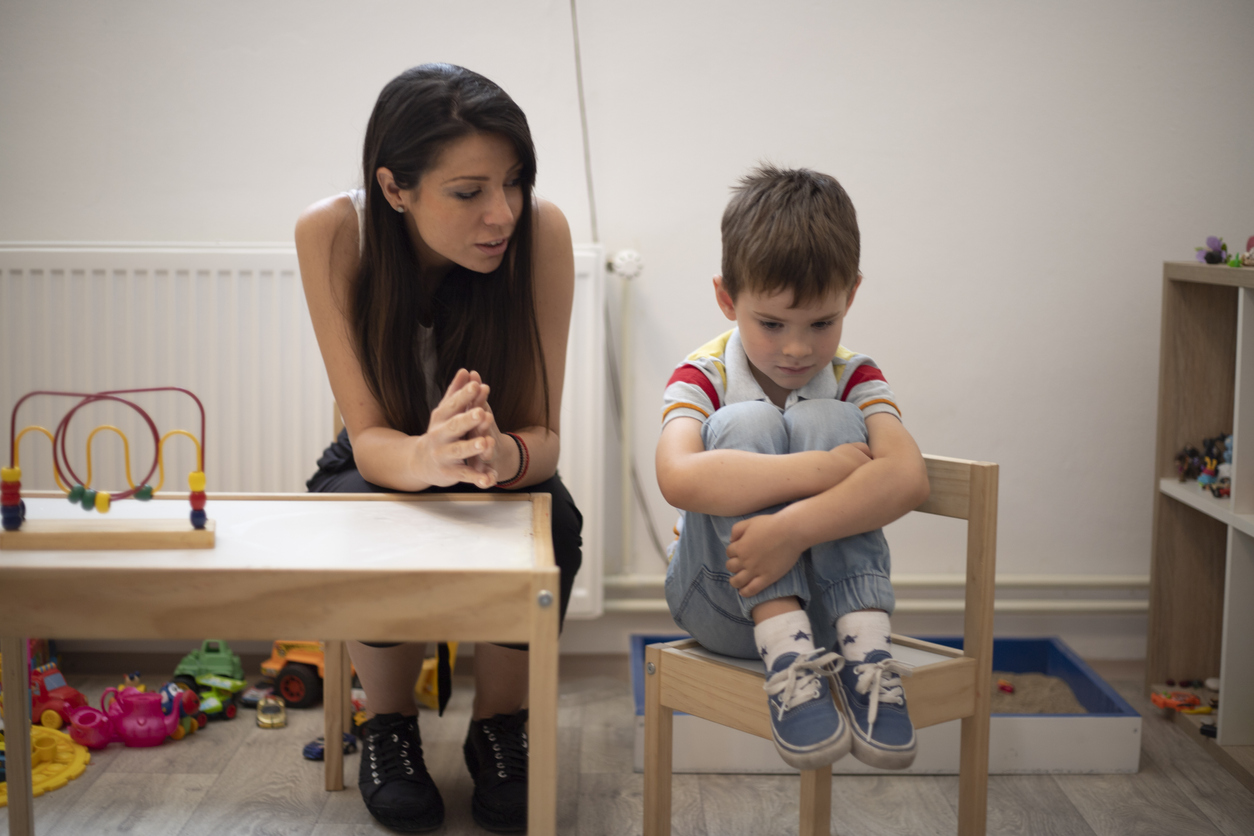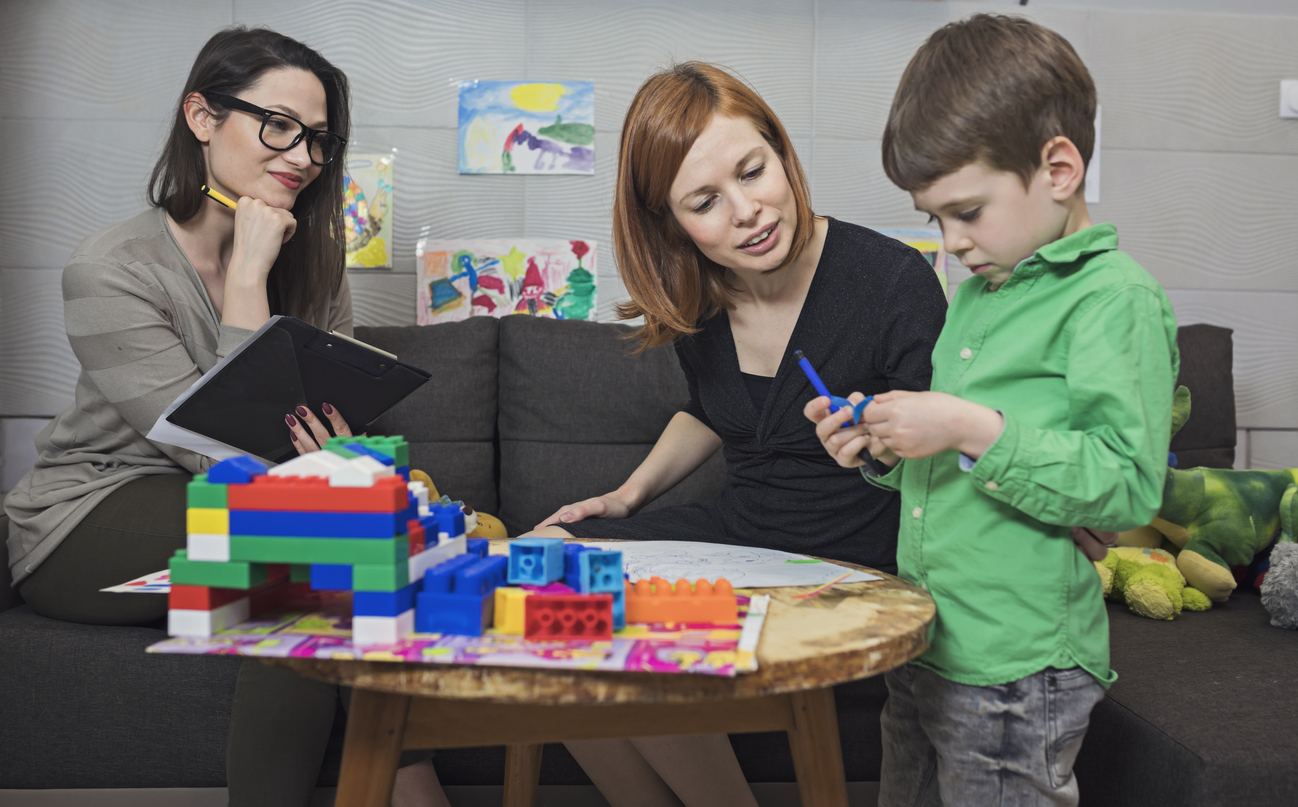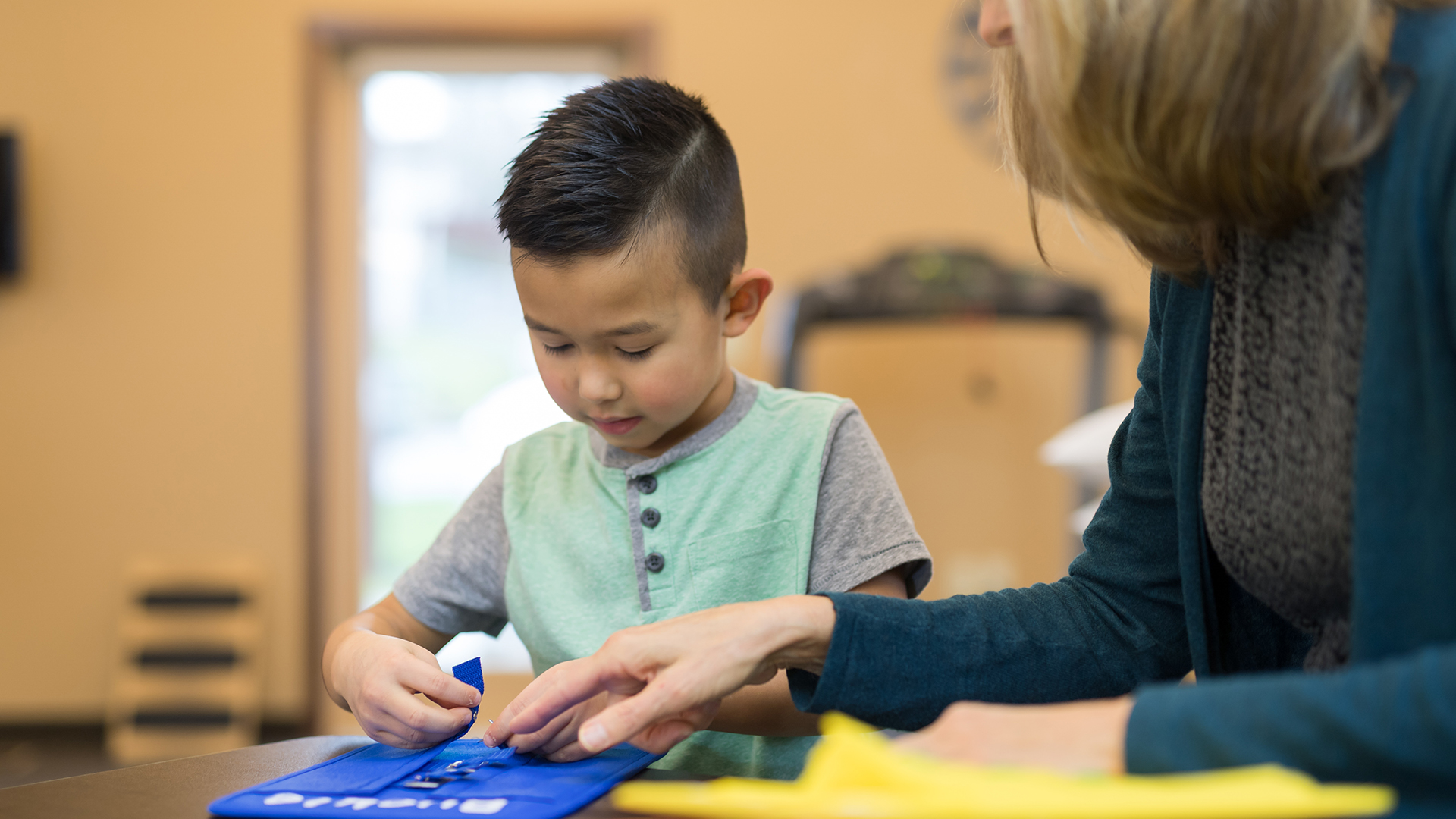Relationships are an essential part of being human. The people we choose to share our lives with foster the opportunity to continue exploring and understanding the world and ourselves in new ways, as well as expand our support system and coping. While there are inevitable excitement and pleasure to be found in selecting a romantic partner, it also exposes us to opportunities to feel a wide range of emotions. In any relationship, romantic or not, there will be instances where there is conflict, miscommunication, misaligned values or desires, all of which can be challenging for couples. Significant challenges likely feel more visible, but smaller problems often go undetected or unaddressed, especially early on in a relationship. A beautiful aspect of couples counselling is that it allows the couple to reflect on their relationship while gaining meaningful tools and insights that can improve their relationship. How Couples Counselling Can Help Think about the examples you have seen of couples in therapy …
Can You Find Positivity During COVID-19? Absolutely!
The word positivity is not a word one would think aligns with COVID-19. The question is, WHY NOT? In a moment of individuals losing their jobs, stock market volatility, children home from school, sickness and death, and last but not least, being quarantined, positivity does not seem like it should be the word of choice. Let’s challenge this thinking for a minute. Thinking Positive During Covid-19 Losing jobs and having massive layoffs is truly difficult to manage. It affects lives, families, and financial welfare. When we think about it, however, human beings have lost their jobs for years, recessions have caused massive layoffs, but yet…we survive. We recover. Human beings are resilient, and during such times of stress and fear, we still move forward. Stock market volatility is simply said “A GIVEN”. It’s up, its down, and even when the economy fell apart in 2008, being labelled the largest point drop in history. Guess what… it regained its strength, and …
When Should I Take My Child To Counselling In Calgary?
For a lot of parents, taking their child to a therapist or psychologist in Calgary might seem drastic. Children acting out now and then maybe seen as ‘normal’, and most parents will say that the child will grow out of it. Sometimes this is good advice. Sometimes it’s not. When children have emotional or behavioral problems, the earlier they get support and treatment, the better control they will have in the future. The trick is to notice the clear patterns that showcase that your child might have emotional and behavioural issues. Noticing the following patterns are a clear sign that your child might need counselling. Signs To Take Your Child To A Child Counselling In Calgary Violently Acting Out There is acting out, and there is acting out violently. While children and growing teens can explode in anger at times, when it becomes consistent and violent, it is a cause for concern. The disruptive, explosive or dangerous behavior can be …
What Are Some of The More Familiar Signs That You & Your Partner Need Marriage Counselling?
No one said marriage was easy. There are going to be ups and downs, like any relationship. It’s a matter of working on a relationship, so the marriage strives. If your marriage goes through ups and downs, and you and your partner are happy in the end, it’s a positive sign. Unfortunately, there are times when you are going to need guidance from a professional to help get your marriage back on a positive path. If you notice any of the following signs, it could be time that you and your partner seek marriage counselling in Calgary. Communication Isn’t Consistent Or Overly Positive Most relationship problems boil down to communication. But if there is a lack of communication, or worse, when the talking is always negative, such as one partner feeling judged, disregarded, or insecure, then it’s a sign that support is needed. If you cannot communicate properly with your partner, you won’t be able to restore your relationship. A …
How To Deal With Difficult People – According To Your Calgary Psychologist
Everyone deals with difficult people. Whether it’s at home, at work, or even within a friend group, it can always be challenging to handle these types of people, as they place a strain on your relationship and in the surrounding environment. They may make social situations tense by criticizing or making fun of others openly or passive-aggressively. Or they might explode emotionally and have volatile mood swings. Others might be overtly aggressive, forcing you to walk on eggshells around them. However, there are ways to cope with these individuals. With the help of your psychologist in Calgary, here is how you can gain control of interactions, reduce tension and protect yourself. Make Self-Care a First Priority Regardless of how the other person might be feeling, your psychologist in Calgary will always recommend that you put your mental and emotional safety first. If you are struggling with interacting with difficult people, and they are making your life worse, then it is …
Give Your Child the Skills to Succeed with Regular Counselling
It’s no secret that our kids are under a lot of stress and pressure to excel at school, home, and in extracurricular activities. While some children can manage competing priorities well, others struggle with these demands and expectations. Regular child counselling with a psychologist in Calgary can help your child develop the coping skills they need. In doing so, they can manage the stress and challenges they’re facing. This type of investment in your child’s mental health can also go a long way towards putting your mind at ease. The Pressure to Succeed is Everywhere Regardless of how old they are, we tell our kids that their ability to succeed is of the utmost importance. These messages could be in the form of feedback coming from well-intentioned teachers and classmates, or in directions from a favorite coach on the soccer field. Though what success looks like will vary in each situation, the consistent message is that it is crucial. As …
Easing Back to School Anxiety with Child Counselling
While it can be exciting the start of another school year can bring feelings of anxiety with it for some children. There is a certain amount of anxiety that can be expected when returning to school, meeting new teachers, and negotiating new friendships. Our kids may not know how to fully express their feelings and as a result may be more likely to act out and test boundaries. This type of behavior is normal while going through a seasonal transition like back to school. Kids may also be withdrawn, sad, or overly emotional while they say goodbye to summer and fall back into their routines. Each child is unique in how they adjust to being back in the classroom, and there is no way to predict how long this will take. For some children, the return to routine and busy schedules can be overwhelming and challenging to deal with. It may trigger significant feelings of anxiety that start to impact …
Take Your Relationship from Good to Great with Couples Counselling
It can be easy to dismiss any need for couples counselling when your relationship is going well. Some might even say, “If it isn’t broken, don’t try and fix it.” While this wisdom may ring true for some, there is no reason to wait for something to be wrong in your relationship before you experience the benefits of regular couples counselling in Calgary. Good relationships take commitment from both partners and an equal investment of time and energy. By attending couples therapy when there isn’t a significant issue to be addressed, you can reap the benefits of working with a Psychologist or Clinical Marriage and Family Therapist without added emotional strain. Regular couples counselling can take your relationship from good to great by enhancing communication, improving your sex life and developing a deeper appreciation for your partner. How Couples Counselling Can Improve Your Relationship Great Relationships Need Strong Communication The key to a great relationship is strong communication between partners. …
The Benefits of Attending Regular Couples Counselling
There is a pervasive myth that couples attending counselling together are experiencing challenges or difficulties in their relationship. While this might be the case for some, it doesn’t apply to everyone. Couples counselling is often associated with significant issues in a relationship like infidelity, addiction, or a breakdown in communication. While visiting a psychologist in Calgary when your relationship is in an acute crisis is very important, this doesn’t need to be the case in all circumstances. In fact attending couples counselling in Calgary on a regular, ongoing basis can act as a preventative or protective factor for your relationship. It can help you to identify issues before they become a significant source of stress and develop into an ongoing issue that requires immediate attention. Regardless of marital status or intention with your partner, attending couples counselling together can help you to learn more about one another, manage strong emotions, and identify potential problem areas. How Couples Counselling In Calgary …
Use Cognitive Behavioral Therapy to Challenge Distressing Thoughts
Finding time to take care of yourself can be a challenge, but it’s vitally important if you want to be able to keep up with the daily demands of life. Psychologists can provide the support and guidance you need in order to thrive both now and in the future. One of the tools psychologists in Calgary use to help clients overcome unwanted, distressing or difficult thoughts and their associated emotions is called Cognitive Behavioral Therapy or CBT. This therapeutic approach is supported by decades of research that demonstrate its ability to help you understand your thoughts and change your reactions to them. By engaging in CBT, you and your psychologist work together to identify specific unwanted or challenging thoughts, and then develop strategies to manage them effectively. The Steps To Successfully Utilizing Cognitive Behavioral Therapy Understand Cognitive Distortions Psychologists use CBT to identify what are called cognitive distortions that impact your thoughts, attitudes and beliefs. These can be the things …










